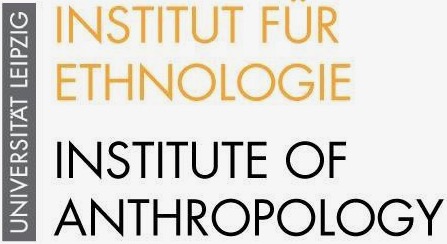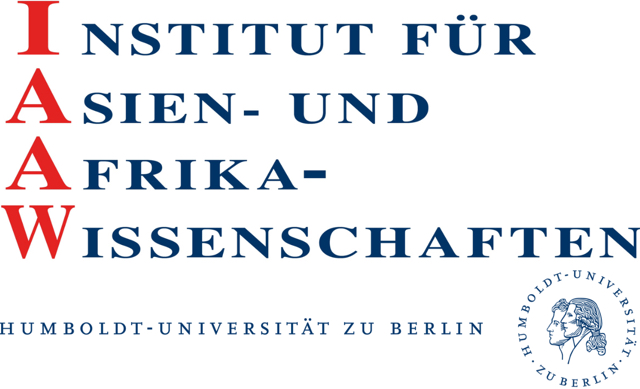
Employment Relations (2022-2024) is funded by the Australian Research Council.
This project aims to investigate the role of the state, supply chain actors and activists in protecting commercial fishers' labour rights in Indonesia, the world’s third-largest source of marine catches and its largest archipelagic state. This multi-scalar study will generate new knowledge about employment relations at sea. Expected outcomes include a conceptualisation of employment relations that better accommodates fishers and workers in other non-standard occupations. The project’s findings will benefit governments, global supply chain actors and labour activists by helping them to identify and overcome impediments to more effective regulation of employment relations and work to reduce labour exploitation in commercial fishing globally.
The research team consists of Prof. Michele Ford, Dr. Wayne Palmer, and Dr. Dedi S Adhuri.
Dr. Wayne Palmer (Bielefeld University) leads the project Institutional Responses to Migrant Worker Rights in Indonesia (2021 – 2024) which is now linked to the Shaping Asia Network as an associated project.
The project examines why institutions in Indonesia deny migrant workers access to labour and employment rights despite ratifying the international convention that protects them. Indonesia is a destination and transit country for a wide range of migrant workers, including foreign professionals and spouses. In recent years, Indonesia’s fishing industry, has also been the subject of inquiries about trafficking of foreign migrants for forced labour. This project compares the systemic logic for depriving migrant fishers and other migrant workers of their legal rights in disparate areas of the country, providing important lessons for policymakers and advocates to improve rights protection as part of the global commitment to sustainable development.
Bones of Contentions is led by Dr. Tam Ngo and funded by the Netherlands Organization for Scientific Research.
In the course of the 20th century alone, Vietnam has endured three large-scale regional wars: the First Indochina War (1945-1954), the Second Indochina War (1955-1975) and the Third Indochina War (1978-1989). These wars took millions of Vietnamese lives among whom 1.2 million who died fighting for the Vietnamese communist state were recognized and honored as martyrs. Nearly half of these martyrs are either buried as unknown combatants in state designated martyr cemeteries or are reported missing. War martyrs play a key role in Vietnamese nationalism. Until the 1990s, the Vietnamese state honored its military dead with memorial holidays, public ceremonies, commemorative rituals and the construction of memorial statues to inscribe their sacrifice for the nation in the national landscape (Ho-Tai 1996; Malarney 2002; Kwon 2008, 2015; Schwenkel 2008; Bayly 2013). However, while soldiers of the Northern Liberation Army and their southern partisan fighters are honored and memorialized as heroes, their South Vietnamese ARVN counterparts are dismissed. Cemeteries of fallen soldiers and Tombs of Unknown Soldiers of the Liberation Army and their partisan partners have become the center of postwar communal ritual lives and a part of the village moral landscape (Kwon 2015). Those who died belonging to the opposite side, however, continue to be officially banned from receiving any consoling ritual.
The key objectives of this research project are to examine two different procedures to find the war dead. Please refer to the PDF for the full project description.
Environing Infrastructure: Communities, Ecologies, and China’s “Green” Development in Contemporary Southeast Asia
Environing Infrastructure is a five-year research project (2020-2025) funded by the Volkswagen Foundation. It is carried out by a team of researchers based at the Rachel Carson Center for Environment and Society, LMU Munich. It focuses on the environmental components of Chinese large-scale infrastructure development in Southeast Asia.
Southeast Asia, a major target for Chinese investments, is on the brink of numerous ecological crises. There is rising awareness across the region of the potentially devastating environmental impact of Chinese infrastructure projects. On the other hand, China is a crucial economic partner and a model of development.
Environing Infrastructure studies these dynamics by engaging with local communities and Chinese planners through long-term, comparative ethnographic research. Rooted in Social Anthropology and the Environmental Humanities, it explores the nexus of infrastructure development, local ecologies, and China's "green" framing of its global ambitions.
The research team consists of the social anthropologists Prof. Dr. Alessandro Rippa and Dr Roger Norum, and the human geographer Huiying Ng.
For further information, please consult the project's website www.environing.asia








